Published
6 months agoon
By
taryn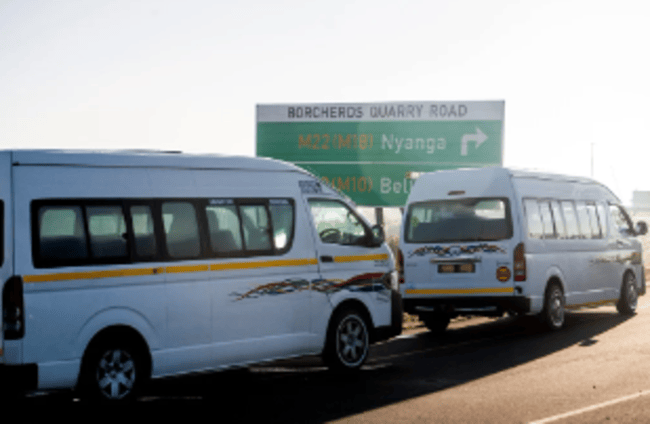
The South African National Taxi Council (SANTACO) has issued a warning to South African drivers, telling them not to pick up hitchhikers. According to SANTACO, only licensed taxi drivers have the right to transport passengers. They believe that private drivers giving lifts to hitchhikers affect the business of taxi operators.
SANTACO stated that any motorist caught giving a lift to a hitchhiker could face strict penalties. Taxi patrollers can fine violators R2,500 or even impound their vehicles. These measures, according to SANTACO, aim to protect the income of taxi drivers. However, many in the public feel these penalties are excessive.
Fanyana Sibanyoni, SANTACO’s chairperson, explained the council’s position. He said, “When motorists give lifts, it disrupts our business. Only licensed taxi drivers can pick up passengers.” SANTACO insists these rules are needed to secure taxi drivers’ earnings.
The public has shown strong reactions to SANTACO’s stance. Many see these rules as overly harsh and restrictive. Videos on social media show encounters where SANTACO members confront drivers who offer lifts to pedestrians. The public response has included accusations of bullying.
SANTACO’s strict approach has led to past conflicts with officials, especially in Cape Town. Disputes over transport rights and regulations have fueled public frustration, raising concerns over SANTACO’s control in the industry.
SANTACO’s enforcement has increased tensions between motorists and the taxi industry. While the council seeks to protect taxi operators, critics argue these rules limit drivers’ freedom. This ongoing debate may affect transport policies and individual rights in South Africa.
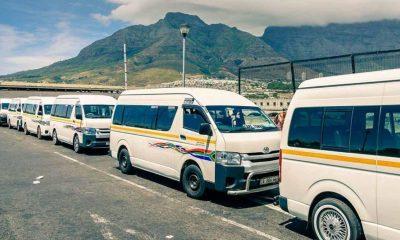

SANTACO Responds to Relief Fund Controversy: It’s Just Old Backlogs
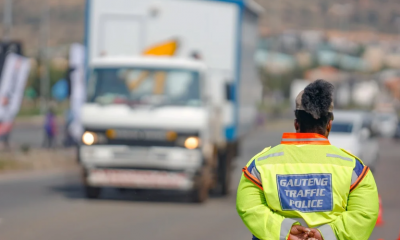

Santaco Hails Easter Road Safety Wins as Shift in Driver Behaviour Takes Hold
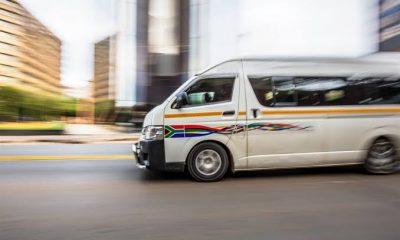

Wadeville taxi owner gunned down near site of husband’s 2018 murder


Three Limpopo friends cycle 1,700km to Cape Town to inspire youth and promote healthy living


Cape Town Eases Housing Rules Amid Soaring Demand and Skyrocketing Prices
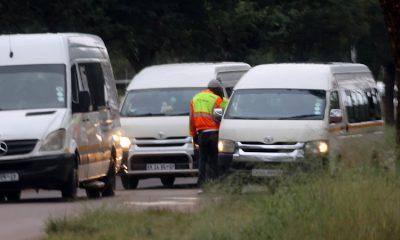

Outrage as Taxi Patrollers Force Workers Out of Private Transport in Tshwane















